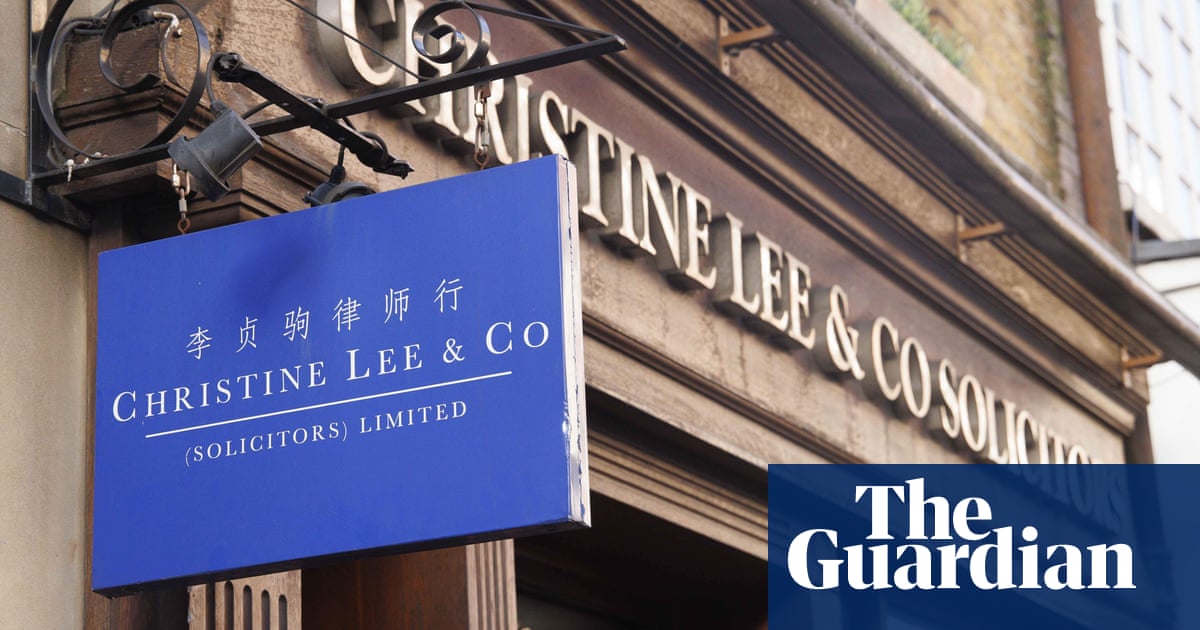MPs Criticize Cyber Agency For Not Aiding China Rights Group After It Was Hacked

Members of a cross-party China human rights group have accused Britain’s cybersecurity agency of “failing to respond” with help after their website was taken offline this week in an attack they fear came from Beijing.
MPs from the Inter Parliamentary Alliance on China (Ipac) said the incident took place on Tuesday, days after the group had said publicly it was “deeply disturbed” by reports that an Anglo-Chinese lawyer had been trying to improperly influence parliamentarians in the UK.
They complained the National Cyber Security Centre (NCSC) did not engage or show interest in investigating the episode, the second time in under a year the website of the campaign group of international parliamentarians had been knocked out.
Conservative MP Tim Loughton said: “It is unacceptable that the NCSC is failing to respond to reports of suspected cyber-attacks from Chinese state backed actors. The British government must be doing its utmost to protect parliamentarians and activists working on these issues from further attacks and intimidation.”
Ipac’s website was taken offline for three hours by a denial of service attack – where a host is flooded with requests and can no longer function. But without any help from NCSC, Ipac will not be able determine who was behind it.
Labour’s Afzal Khan said: “In light of the cyber-attack and last week’s events, it is clear that this government must act to ensure its cybersecurity is up to scratch. The government cannot ignore those at the sharp end of the Chinese Communist party’s intimidation campaign.”
NCSC said it was aware of the denial of service attack, and had made contact with Ipac. As far it was aware the issue had been resolved. A spokesperson added that “Ipac have not directly raised any concerns about the NCSC’s response to this issue but we would welcome any further engagement with them.”
Last week, MI5 took the rare step of issuing an “interference alert” to MPs and peers, in which the spy agency accused a lawyer, Christine Lee, of seeking to improperly influence parliamentarians on behalf of China’s ruling Communist party.
Lee had been photographed meeting former prime minister David Cameron in 2015 and had given £584,177 to help fund the office of Labour MP and former shadow cabinet member Barry Gardiner.
Members of Ipac include legislators from the US, India, Japan, France and the UK, and the group aims to encourage democratic countries to give “due prominence to universal human rights” in their dealings with China – and to insist that Beijing hold to the “standards of the international legal order”.
Beijing has responded with hostility. Five British members of the group and several more from the EU have been sanctioned by Beijing for speaking out about the treatment of the Uyghur Muslim minority, including Loughton and Labour peer Helena Kennedy.
Last October, Ipac held a meeting on the margins of the G20 summit in Rome to protest against the presence of the Chinese foreign minister, Wang Yi, and urge leaders not to let China off the hook over human rights abuses in return for cooperation on the climate crisis.
China normally denies allegations of hacking or cyber interference, accusing the US and its allies of engaging in smear campaigns, although the topic is a subject of growing diplomatic and intelligence agency concern in the west.
READ MORE HERE
